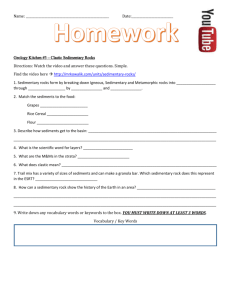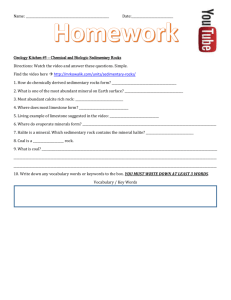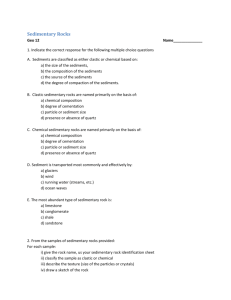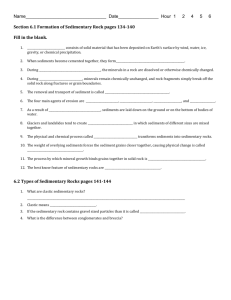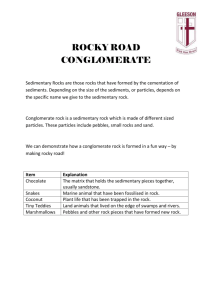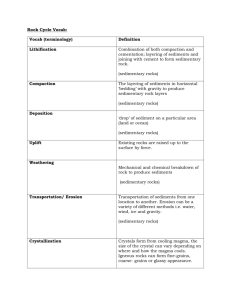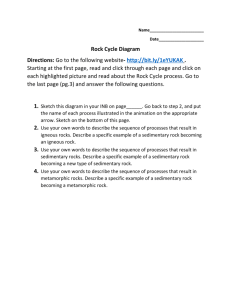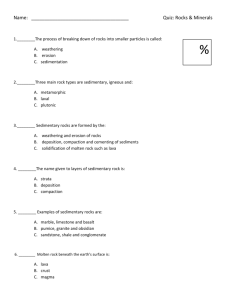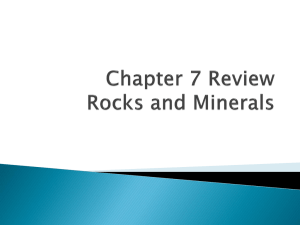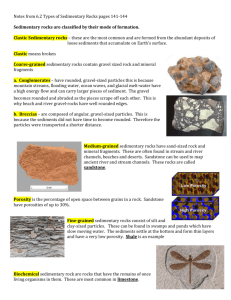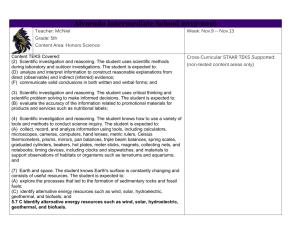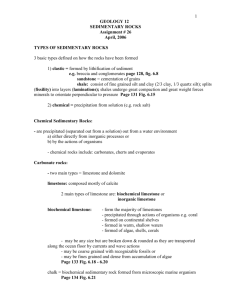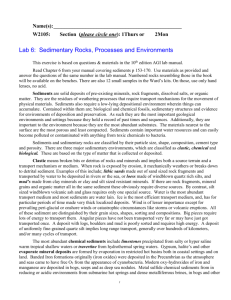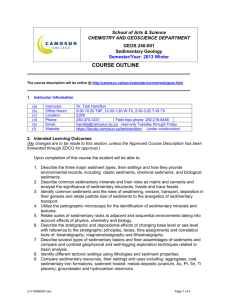LPS11-1611-20HonorsScience
advertisement
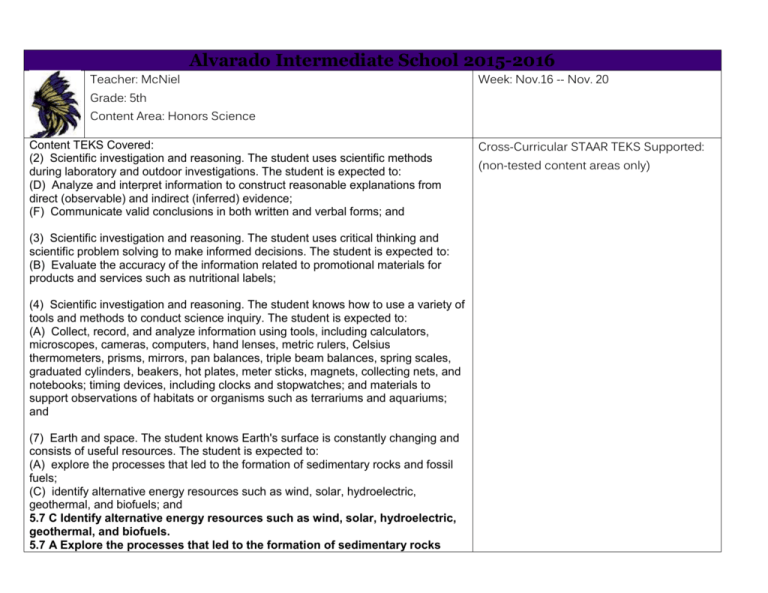
Alvarado Intermediate School 2015-2016 Teacher: McNiel Week: Nov.16 -- Nov. 20 Grade: 5th Content Area: Honors Science Content TEKS Covered: (2) Scientific investigation and reasoning. The student uses scientific methods during laboratory and outdoor investigations. The student is expected to: (D) Analyze and interpret information to construct reasonable explanations from direct (observable) and indirect (inferred) evidence; (F) Communicate valid conclusions in both written and verbal forms; and (3) Scientific investigation and reasoning. The student uses critical thinking and scientific problem solving to make informed decisions. The student is expected to: (B) Evaluate the accuracy of the information related to promotional materials for products and services such as nutritional labels; (4) Scientific investigation and reasoning. The student knows how to use a variety of tools and methods to conduct science inquiry. The student is expected to: (A) Collect, record, and analyze information using tools, including calculators, microscopes, cameras, computers, hand lenses, metric rulers, Celsius thermometers, prisms, mirrors, pan balances, triple beam balances, spring scales, graduated cylinders, beakers, hot plates, meter sticks, magnets, collecting nets, and notebooks; timing devices, including clocks and stopwatches; and materials to support observations of habitats or organisms such as terrariums and aquariums; and (7) Earth and space. The student knows Earth's surface is constantly changing and consists of useful resources. The student is expected to: (A) explore the processes that led to the formation of sedimentary rocks and fossil fuels; (C) identify alternative energy resources such as wind, solar, hydroelectric, geothermal, and biofuels; and 5.7 C Identify alternative energy resources such as wind, solar, hydroelectric, geothermal, and biofuels. 5.7 A Explore the processes that led to the formation of sedimentary rocks Cross-Curricular STAAR TEKS Supported: (non-tested content areas only) Essential /Guiding Question(s): ● What are the defining characteristics of alternative energy resources? Academic Vocabulary: Alternative energy – energy resources useful to man that are considered alternatives ● How are sedimentary rocks formed? ● In what ways are the formation of sedimentary rock and fossil fuels related? ● How do the processes of formation differ between oil and natural gas and Biofuels – energy generated through the coal? processing of renewable plant and animal materials or supplements to nonrenewable resources such as coal, oil, or natural gas Cementation – the process of binding and hardening of sediments into hard rock Compaction – process by which overlying pressure from rocks and soil reduces the size or volume of sediments Deposition – the process by which weathered and eroded material is deposited by wind, water, or ice Erosion – the process by which weathered material is moved by wind, water, or ice Fossil fuels – fuels formed over millions of years from the remains of ancient plants and animals; examples include coal, petroleum (oil) and natural gas Geothermal energy – energy for from heat found deep inside the Earth’s surface Hydroelectric energy – energy generated for heat and electricity using the power of falling water or water moving through a dam Nonrenewable resources – natural resources that are used up at a rate faster than they can be replaced Process of formation – the method by which a substance or object is formed Solar energy – energy from the Sun in the form of heat and light Weathering – process by which exposed rock and other surfaces are broken down; may be caused by elements of weather (water, wind, ice) or other mechanisms Wind energy – energy generated from the movement of air Related Words: biomass, sediments, oil, petroleum, natural gas, coal, peat, generate, environment, decompose, decay WICOR Components (highlight): Writing Learning Engage Inquiry Explore Collaboration Explain Organization Elaborate Reading Evaluate Objective(s): Closing Task(s): Monday Using the KIM Students will Using the Students will What are the I will… write a We will… 5.7 A & D use the KIM organizer to discuss with variables on the conclusion to Identify - organizer organizer write connect prior table. Clear up sedimentary the Review the their own learning. any rock formation? sedimentary vocabulary definitions of misconceptions What would rock activity. words each word and you do then create a different? What memory cue occurs in nature that our model does not have? Tuesday Memory / Using cards Check for Students make We will… matching game match the understanding. additional cards one more time three level 3 Play the game I will…write Explore the definition with to add to their after new cards questions to vocabulary the vocabulary game. are added. use for review. cards to word. practice Wednesday Community Conservation of What are some Explain why What are I will...write We will… Explore the idea of conservation of energy. circle. Students natural conservation conservation is options for a possible test will discuss and resources. tips you have? so important? 5th grader? questions. What evaluate the What can you would a test idea of do to conserve question about conservation. energy? conservation look like? Thursday We will…Unit 05 Assessment Unit 05 Assessment Unit 05 Assessment Unit 05 Assessment Unit 05 Assessment Unit 05 Assessment Students will write a question they still have about each test question I will…reflect on the test questions. Friday Students will Intro video I will… draw a We will…assess assess their TEK 5.8 C. diagram of how IAN? Intro the IANs. Set three Earth, Moon the interaction Sun, Earth and organizational moon Unit 06. goals. and Sun cycle. between the Sun, Earth and Moon. Individual Customized Learning Differentiated Academic Support: Bilingual/ESL Language Support: Behavioral Support:
